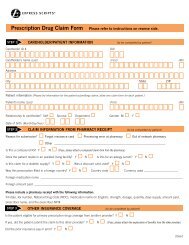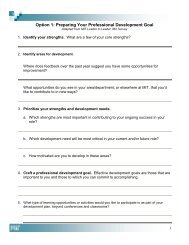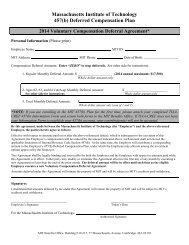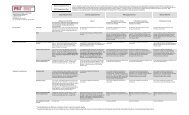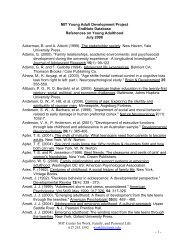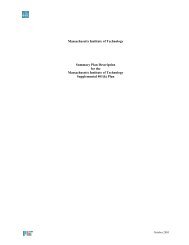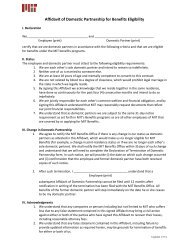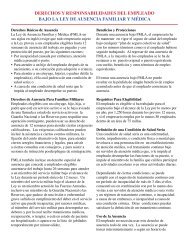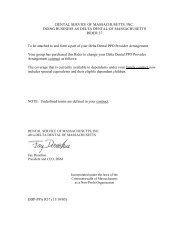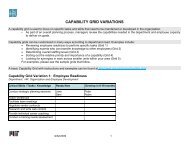Helping parents in developing countries improve adolescents' health
Helping parents in developing countries improve adolescents' health
Helping parents in developing countries improve adolescents' health
Create successful ePaper yourself
Turn your PDF publications into a flip-book with our unique Google optimized e-Paper software.
Foreword<br />
Throughout the develop<strong>in</strong>g world, the lives of adolescents are be<strong>in</strong>g compromised and cut<br />
short by ill-<strong>health</strong> due to HIV/AIDS, depression and substance use. The transition to <strong>health</strong>y<br />
adulthood is dependent on the social environment <strong>in</strong> which adolescents live, learn and<br />
earn. Parents and families are a crucial part of this social environment. Projects are spr<strong>in</strong>g<strong>in</strong>g<br />
up to engage <strong>parents</strong> <strong>in</strong> efforts to prevent adolescent <strong>health</strong> risk behaviours and promote<br />
<strong>health</strong>y development. However, planners of such projects are faced with critical questions.<br />
What contributions do <strong>parents</strong> make to adolescent <strong>health</strong> and development What k<strong>in</strong>ds of<br />
parent-focused <strong>in</strong>terventions are effective <strong>in</strong> improv<strong>in</strong>g adolescent <strong>health</strong> outcomes<br />
The World Health Organization (WHO) has gathered and analyzed significant <strong>in</strong>formation<br />
from research and programm<strong>in</strong>g experience to address these questions. This document<br />
captures the key f<strong>in</strong>d<strong>in</strong>gs, <strong>in</strong>clud<strong>in</strong>g the:<br />
• articulation of the key roles <strong>parents</strong> play <strong>in</strong> relation to adolescents’ <strong>health</strong> and<br />
development, based on recent research, to provide a framework for understand<strong>in</strong>g<br />
programm<strong>in</strong>g efforts;<br />
• implications for programmatic action, with illustrative examples;<br />
• recommendations for programmers and researchers to guide future efforts.<br />
Taken as a whole, these f<strong>in</strong>d<strong>in</strong>gs affirm the critical importance of programm<strong>in</strong>g for <strong>parents</strong><br />
as part of a comprehensive strategy for prevent<strong>in</strong>g adolescent <strong>health</strong> risk behaviours,<br />
while offer<strong>in</strong>g <strong>in</strong>sights <strong>in</strong>to programm<strong>in</strong>g approaches for those committed to capitaliz<strong>in</strong>g<br />
on the <strong>in</strong>fluence of <strong>parents</strong> to <strong>improve</strong> the <strong>health</strong> and development of adolescents <strong>in</strong> the<br />
develop<strong>in</strong>g world.<br />
4 <strong>Help<strong>in</strong>g</strong> <strong>parents</strong> <strong>in</strong> develop<strong>in</strong>g <strong>countries</strong> <strong>improve</strong> adolescents’ <strong>health</strong>



